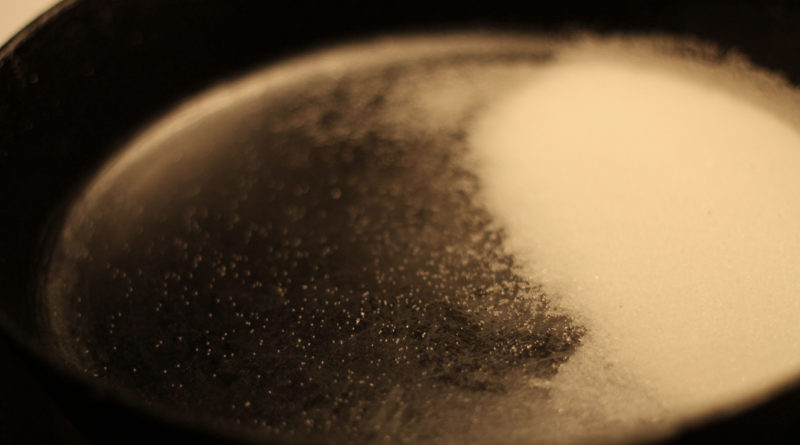Reclaiming Your Cast Iron Cookware
After the winter, we collectively long for those spring and summer activities we fantasized about. For a large number, a campfire is a certainty during an outdoor adventure in the warmer months. Cooking on a campfire is a right of passage for anyone who spends leisure time in the outdoors. If you are looking to take your outdoor culinary pursuits beyond smores and hot dogs you will need to expand your culinary toolbox beyond a stick and some tin foil.
Cast iron is the standard when it comes to fireside cookware. The unsurpassed durability of cast iron can allow for years of abuse of nearly any kind and with limited care can be retained for use by several generations. The major downside of cast iron is its’ vulnerability to rust. With a touch of knowledge, a little rust, or even a lot, is not that big a deal.
Imagine an old, long forgotten piece of cast iron, garbage right? With a touch of TLC that pan could be good as new in an hour or two. If the rust appears to be an overwhelming task upon first sight apply a small amount of vinegar and scrub with a scouring pad. Be ready to rinse the vinegar as soon as you are finished with this step.
When at a manageable level some table salt and a scouring pad should be able to clean up the rest of the rust. A quick rinse with water should remove any rust or remaining salt. Several rounds of this cleaning style may be necessary to clean off any remaining rust depending on the degree of damage.
With rust free cast iron the only remaining step is seasoning, or re-seasoning. This step will require heat, a fat or oil to coat the iron and some paper towel. First heat the iron on the stove, or fire, to allow for pore expansion. Once heated apply oil or fat and allow for an even coating on the surface. There is no need for your high-ticket olive oil here; a simple vegetable oil will do the job. The oil is present to offer a thin barrier between the iron and the air so that any ambient moisture is unable to penetrate and start new rust spots. After the oil has been evenly distributed remove the pan from the heat and allow to cool until you can comfortably soak up any overage of oil in your cookware without risking a burn.
Stovetop, fire pit or barbeque cast iron is a prized material to have. Now armed with the ability to reclaim long forgotten pieces there is no reason not to keep your cast iron in pristine condition. Whether it be on the trail, in the cabin or simply on the barbeque, happy cooking!

